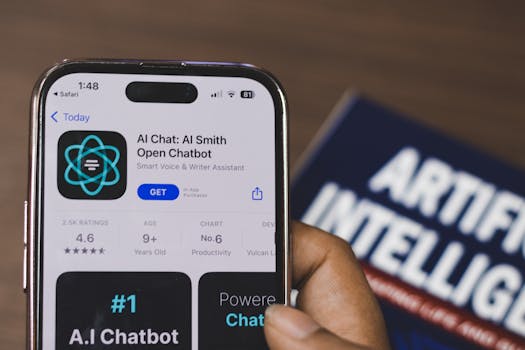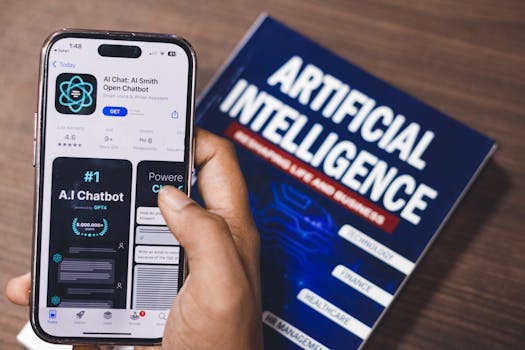
Emerging Trends in Artificial Intelligence and Machine Learning: What You Need to Know
Takeaways:
- AI and ML are increasingly integrated into various sectors, enhancing efficiency and decision-making.
- Natural Language Processing (NLP) continues to evolve, making human-computer interactions more intuitive.
- Ethical AI is becoming a priority, focusing on fairness, transparency, and accountability in AI systems.
- Automated machine learning (AutoML) is simplifying the model building process for non-experts.
- AI-driven automation is reshaping the workforce, necessitating new skills and roles in the job market.
Artificial Intelligence (AI) and Machine Learning (ML) are transforming industries by enhancing efficiency, improving decision-making, and enabling new innovations. As we move through 2023, several emerging trends are shaping the future of AI and ML technologies. This blog post delves into these trends, highlighting their significance and potential impact.
The Rise of Natural Language Processing (NLP)

In 2023, we are witnessing a trend towards more sophisticated conversational agents that can engage users in natural and meaningful dialogues. These advancements are not only enhancing user experiences but also providing businesses with valuable insights into customer preferences and behaviors. As companies seek to personalize interactions, NLP will play a crucial role in understanding customer feedback and sentiment analysis.
Moreover, the integration of NLP with other AI technologies, such as computer vision and voice recognition, is paving the way for more comprehensive AI solutions. As these systems become more capable, we can expect them to be used in various applications, from healthcare to finance, where understanding human communication is essential.
Automated Machine Learning (AutoML)

In 2023, we are seeing a proliferation of AutoML platforms that cater to different industries and use cases. These platforms enable users to build and deploy machine learning models quickly, reducing the time and cost associated with traditional ML development. As a result, organizations can focus on deriving insights and making data-driven decisions rather than getting bogged down in the technical details of model creation.
Furthermore, the rise of No-Code and Low-Code platforms is complementing the AutoML trend, allowing even those with minimal coding experience to create AI solutions. This democratization of AI technology is empowering more individuals and organizations to harness the power of machine learning, leading to a surge in innovative applications across various sectors.
Ethics and Accountability in AI

Many companies are adopting ethical AI frameworks to guide their development processes, ensuring that their technologies do not perpetuate biases or lead to unfair outcomes. This trend is particularly important in sectors such as finance, healthcare, and law enforcement, where biased AI systems can have serious consequences.
In addition to internal policies, there is a push for regulatory frameworks that govern AI development and deployment. Governments and industry groups are working together to establish guidelines that promote ethical AI practices, ensuring that these technologies benefit society as a whole. This commitment to ethical AI is likely to shape the future of the industry, encouraging innovation while safeguarding against potential harms.
AI-Driven Automation and Workforce Transformation

However, the rise of AI and automation also raises concerns about job security and the need for reskilling. As routine tasks become automated, workers may need to adapt by acquiring new skills that complement AI technologies. This shift in the job market is prompting organizations to invest in employee training and development programs, preparing their workforce for the future.
Moreover, new roles are emerging in the AI field, such as AI ethicists, data curators, and machine learning engineers, reflecting the evolving nature of work. As AI continues to advance, the workforce will need to evolve alongside it, embracing lifelong learning and adaptability to thrive in a technology-driven landscape.






